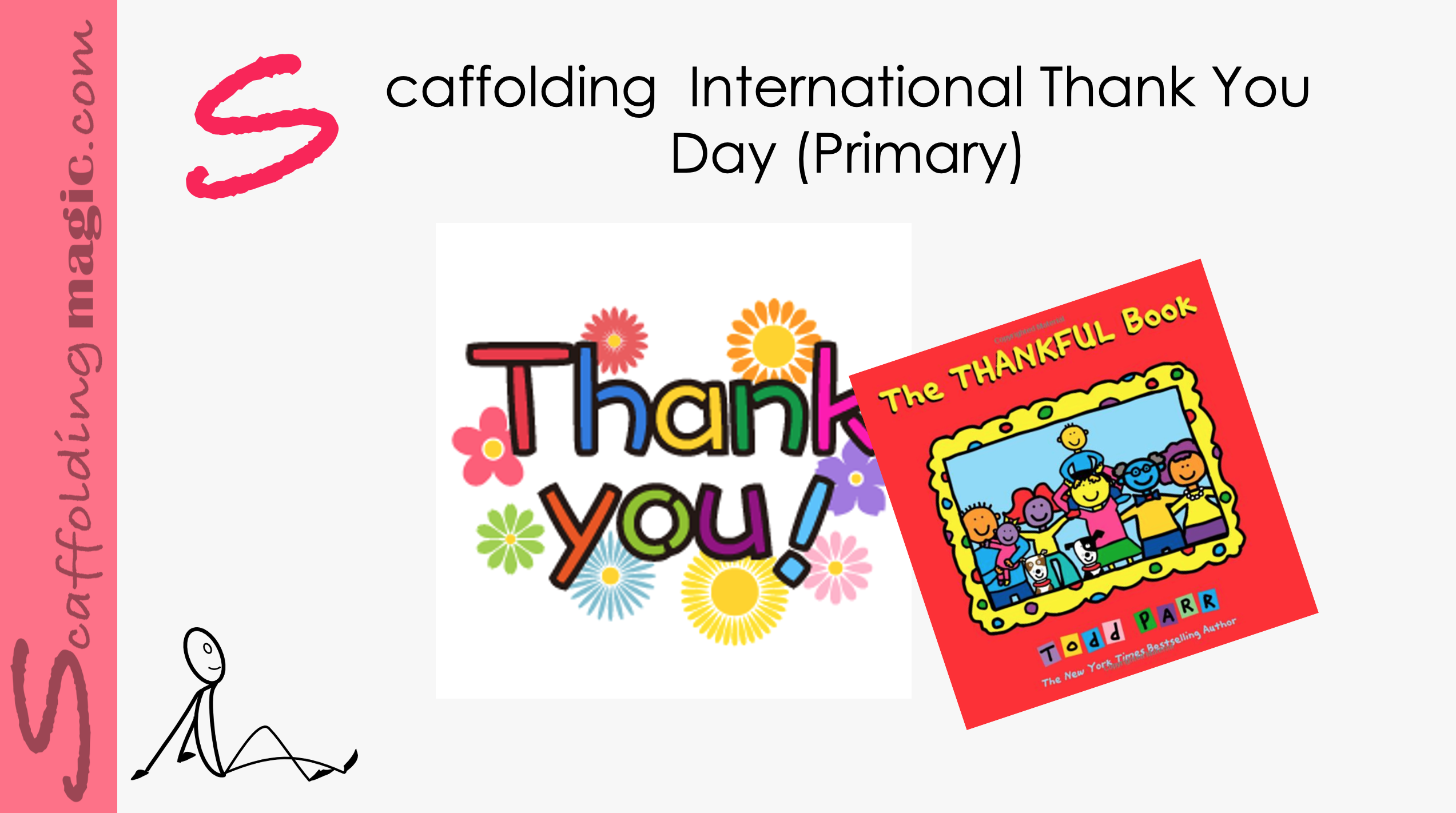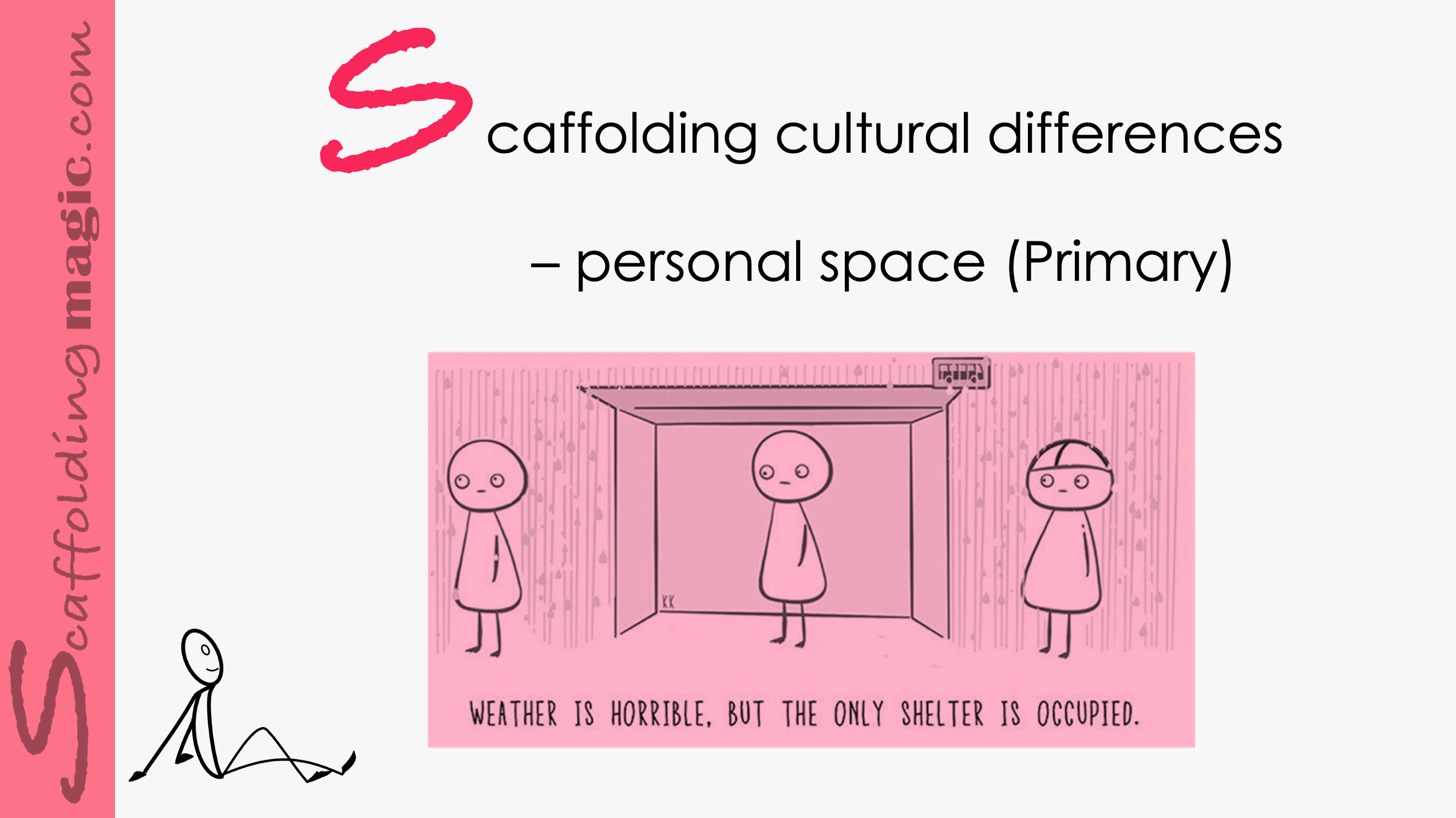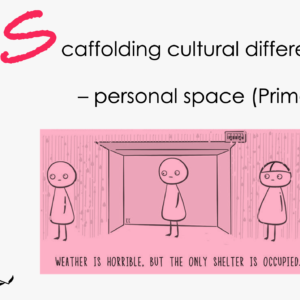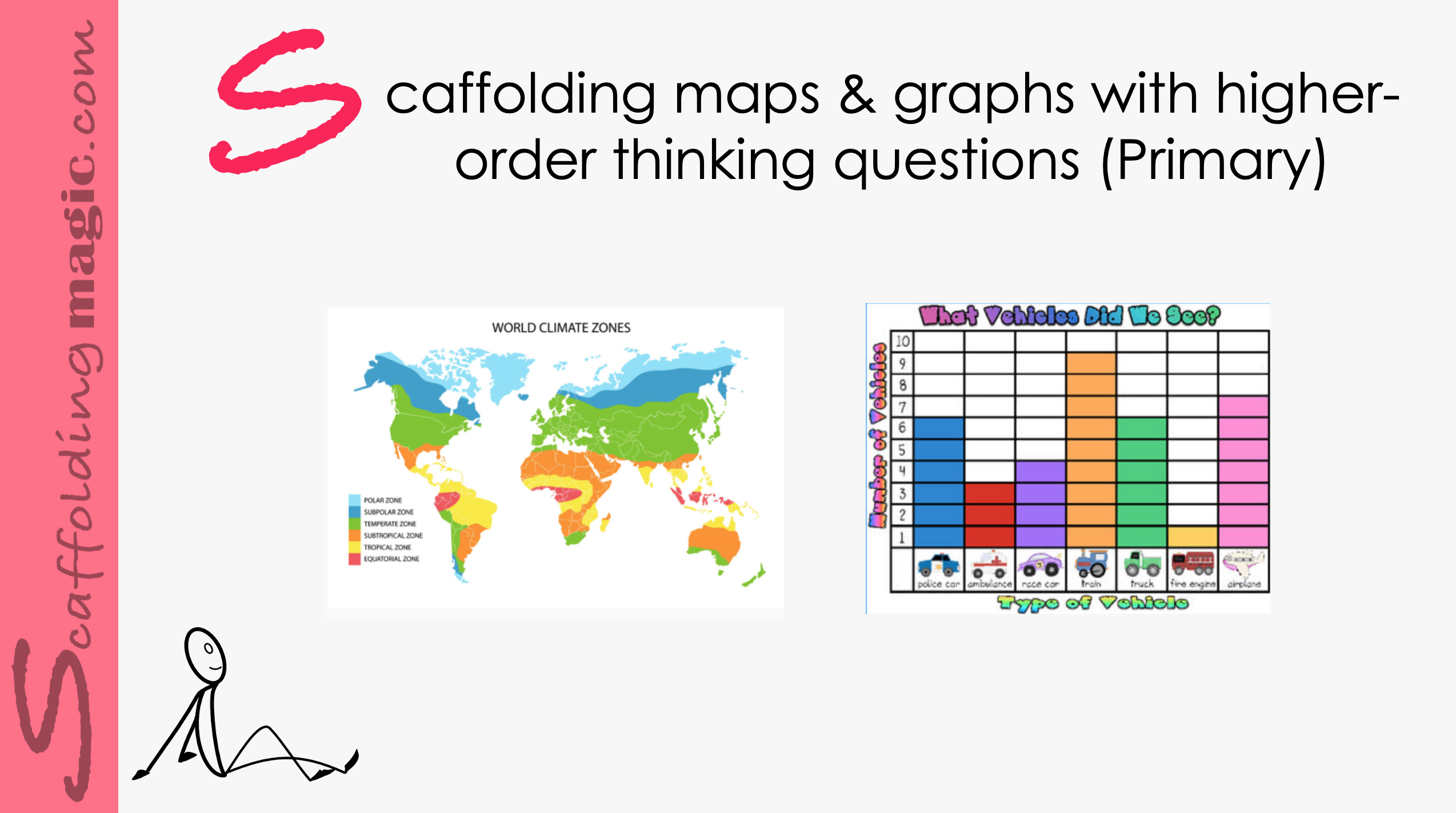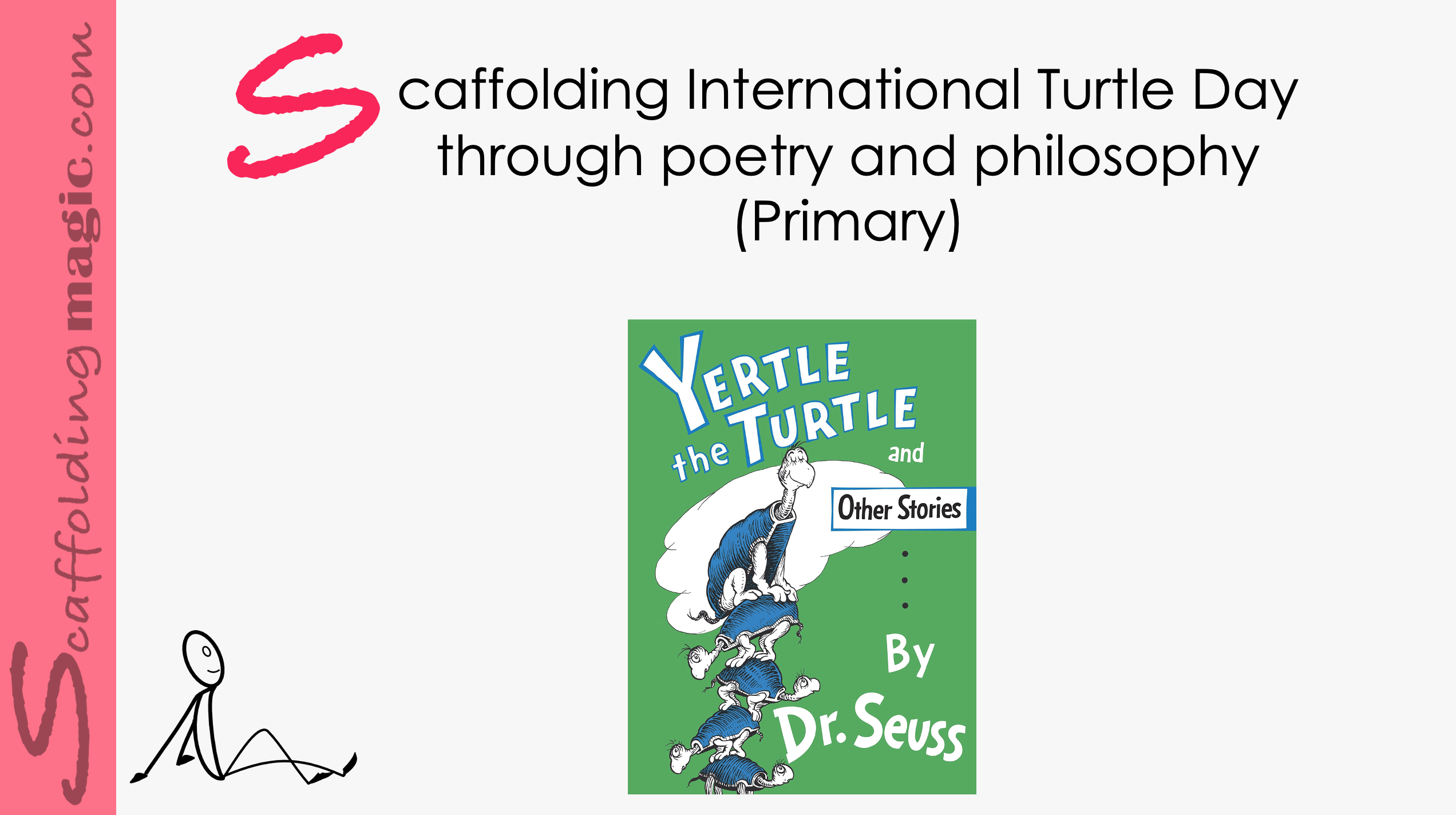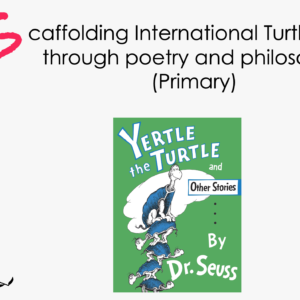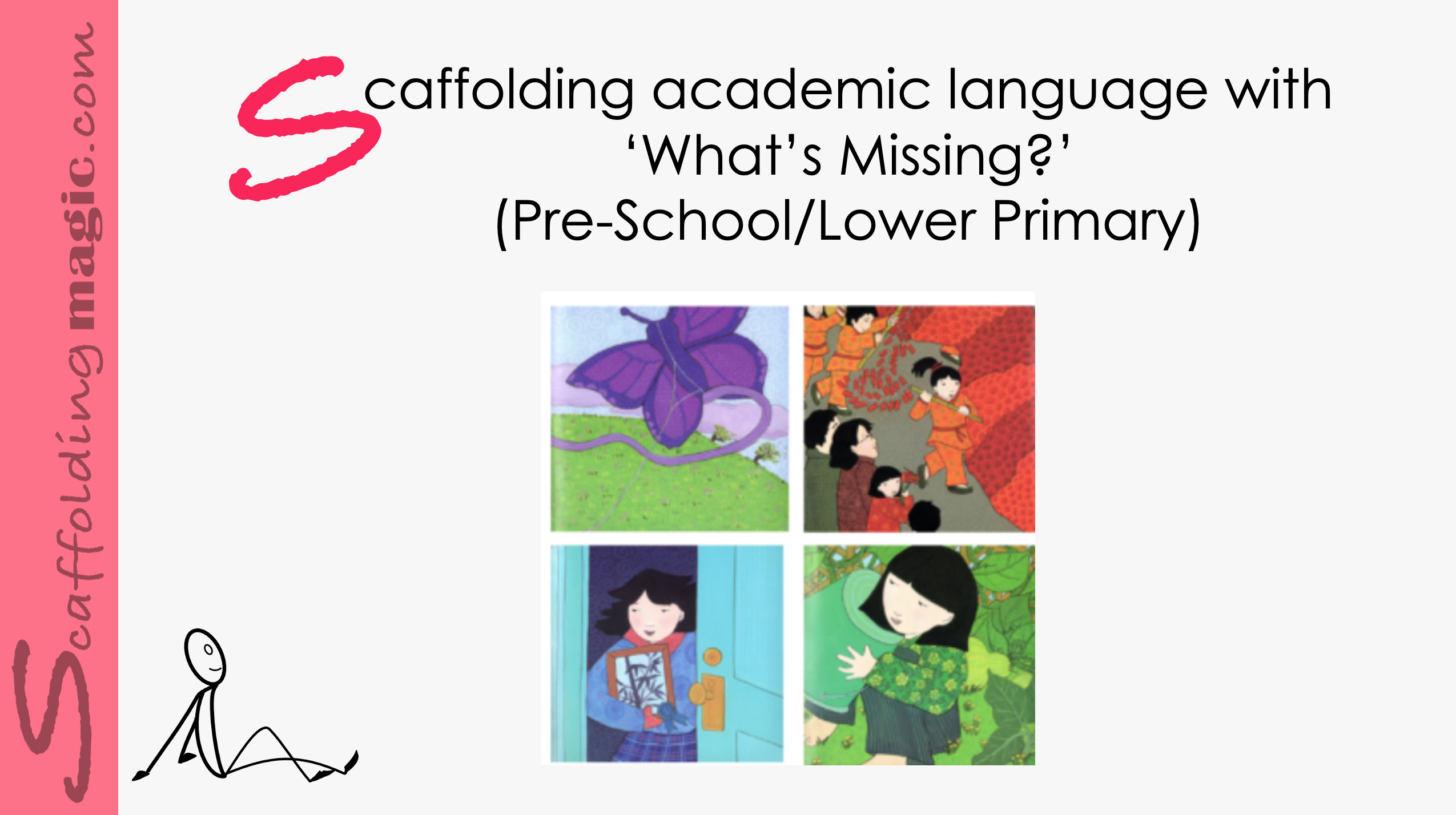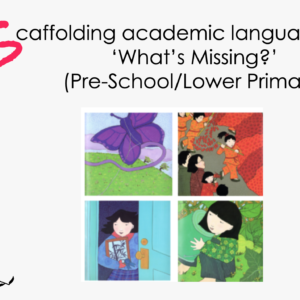The International Thank You Day – celebrated by many on January 11th, others on June 11th – is a wonderful opportunity to help our students to focus on gratitude and add to positive forces in the world. Including gratitude in the educational environments is proven to improve relationships both in and outside of the classroom. Stressing affective factors in our lessons aligns us Vygotsky’s assertion (1978) that our students are more likely to step outside their comfort zone (ZPD) when they feel that they are supported and nurtured.
Scaffolding International Thank You Day (Primary)
$5.00
The International Thank You Day – celebrated by many on January 11th, others on June 11th – is a wonderful opportunity to help our students to focus on gratitude and add to positive forces in the world. Including gratitude in the educational environments is proven to improve relationships both in and outside of the classroom. Stressing affective factors in our lessons aligns us Vygotsky’s assertion (1978) that our students are more likely to step outside their comfort zone (ZPD) when they feel that they are supported and nurtured.
Related products
-
Primary ScaffoldsQuick View
Scaffolding Cultural Differences – Personal Space (Primary)
$5.00 Add to cartRated 0 out of 5 -
Primary ScaffoldsQuick View
Scaffolding Maps and Graphs with Higher-Order Level Questions (Primary)
$5.00 Add to cartRated 0 out of 5 - a children’s book writer…
- a poet…
- a poet…
- a children’s book writer…
- a poet…
-
Primary ScaffoldsQuick View
Scaffolding International Turtle Day through Poetry and Philosophy (Primary)
$5.00 Add to cartRated 0 out of 5 -
Primary ScaffoldsQuick View
Scaffolding Academic Language with ‘What’s Missing?’ (Pre-School/Lower Primary)
$5.00 Add to cartRated 0 out of 5
Scaffolding Cultural Differences – Personal Space (Primary)
Cultural differences extend far beyond language, greetings, gestures, dress and beliefs. The very space we create when we meet people – or the absence of that space – is indicative of where we come from and what our understanding is of the (dis)comfort level of those we are with.
This scaffold helps us see how we can honour physical space, amongst many other differences between cultures. It includes the affective side of learning – in developing more understanding and compassionate citizens of the world as our students travel across the planet physically and/or virtually.
Scaffolding Maps and Graphs with Higher-Order Level Questions (Primary)
Higher-order level questions – those that elicit deeper thinking – help students to stretch their thinking and engage their curiosity, their reasoning ability, their creativity, and independence. These questions encourage students to open their minds, they offer opportunities to produce original thinking. A well-structured question sparks perspectives that might not have at first occurred to us; they encourage us to look at the issue from different perspectives. Higher-order level questions inspire fresh and sometimes even startling insights and ideas, they open roads for wider perspectives of the issue, and enable teachers and students to work together in constructing understanding. If we use effective questioning skills in the educational environment, we help our students to be more effective thinkers now and in the future.*
Higher-order level questions – those that elicit deeper thinking – help students to stretch their thinking and engage their curiosity, their reasoning ability, their creativity, and independence. These questions encourage students to open their minds, they offer opportunities to produce original thinking. A well-structured question sparks perspectives that might not have at first occurred to us; they encourage us to look at the issue from different perspectives. Higher-order level questions inspire fresh and sometimes even startling insights and ideas, they open roads for wider perspectives of the issue, and enable teachers and students to work together in constructing understanding. If we use effective questioning skills in the educational environment, we help our students to be more effective thinkers now and in the future.*
Scaffolding International Turtle Day through Poetry and Philosophy (Primary)
Seriously? A children’s book about turtles is philosophical? Oh yes it is! Theodor Seuss Geisel (Dr. Seuss), was not just a writer of children’s books, but a profound philosopher, a poet, a political advocate (sometimes controversial), and a promoter of critical thinking on all levels.
Scaffolding Academic Language with ‘What’s Missing?’ (Pre-School/Lower Primary)
Academic language is so important that experts assert that the warehouse of words a person has stored away is directly connected to their quality of thinking: higher quality of words equals higher quality of thinking.** In this age of the Fourth Industrial Revolution, the quality of thinking our students reach in our classes, will be the difference between being qualified for jobs that technology is (still) not capable of performing, and watching the world from the sidelines.
This applies even to our youngest learners. We can help them to assimilate academic language even before they begin to read. If we verbalise first-, second- and third-tier words,*** through dynamic activities, we are helping them to become familiar with academic language that will serve them for the rest of their academic and professional lives.
Academic language is so important that experts assert that the warehouse of words a person has stored away is directly connected to their quality of thinking: higher quality of words equals higher quality of thinking.** In this age of the Fourth Industrial Revolution, the quality of thinking our students reach in our classes, will be the difference between being qualified for jobs that technology is (still) not capable of performing, and watching the world from the sidelines.
This applies even to our youngest learners. We can help them to assimilate academic language even before they begin to read. If we verbalise first-, second- and third-tier words,*** through dynamic activities, we are helping them to become familiar with academic language that will serve them for the rest of their academic and professional lives.

